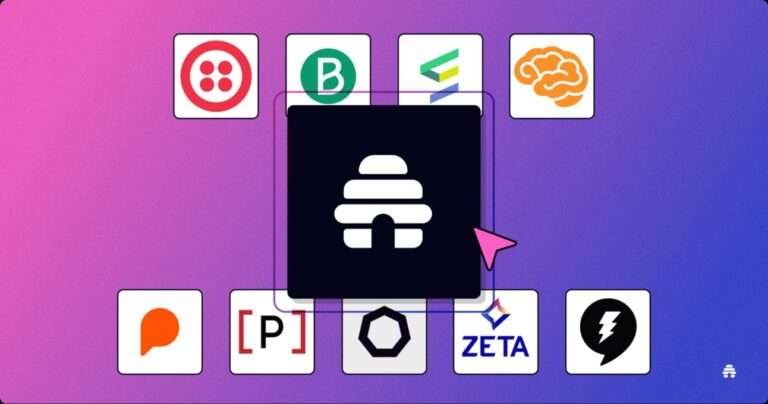If you’re a student, researcher, or just someone who needs to write reports or find papers fast, you already know how time-consuming research can be. Researching through hundreds of articles, checking citations, and writing summaries is not easy. But now, with so many AI research tools out there, you can do all this work much faster and smarter. In this article, I’ll share the best AI tools for research in 2025 that actually help you save time, find better sources, and even write or summarize your papers. Most of these tools have free versions, so you don’t need to spend money on them.
Why Use AI Tools for Research?
AI research tools are like having a smart assistant that never gets tired. They can:
- Search millions of papers in seconds
- Summarize long articles for you
- Generate citations in any style
- Check for plagiarism
- Help you write or rewrite your research paper
- Analyze data and even create graphs
If you’re tired of manual work and want to focus more on your ideas, these tools are a game-changer.
Top 10 AI Research Tools You Should Try in 2025
Here are the best AI tools for research right now, based on features, popularity, and what real researchers are saying:
1. Jenni AI
Great for writing research papers, essays, and generating citations. Jenni AI helps you with literature surveys, paraphrasing, and even checks your grammar. It’s very popular among students for its easy interface and free trial.
2. ResearchPal
If you want an all-in-one tool for literature review, reference management, and even PDF chat, ResearchPal is a solid choice. You can generate literature reviews with citations, analyze papers, and save all your references in one place. It also works with Zotero and Mendeley.
3. PDF.ai
Perfect for anyone who deals with lots of PDFs. Just upload your paper and ask questions about it. PDF.ai will summarize, explain, and extract key points. It can save a lot of time.
4. ChatGPT
ChatGPT is not just for chatting. Many researchers use it to create summaries, brainstorm ideas, write code, and even analyze data. You can upload your text or data and ask ChatGPT to explain, rewrite, or generate references.
5. Consensus
If you are in the research field you might be familiar with Consensus. It is an AI-powered academic search engine that scans over 200 million research papers. You just type your question, and it gives you summarized answers with direct links to the most relevant papers. It’s super useful for literature reviews and fact-checking.
6. Paperpal
Paperpal is great for academic writing and checking if your paper is ready for journal submission. It checks your grammar, clarity, and even suggests improvements based on your field.
7. Yomu
Yomu helps you read and understand research papers faster. It summarizes complex articles and highlights the main points, which is perfect if you’re short on time.
8. R Discovery
If your work revolves around research papers then R Discovery is for you. This tool helps you discover new research papers and trending topics in your field. It sends you daily recommendations based on your interests, so you never miss important updates.
9. Semantic Scholar
Semantic Scholar is a free AI-powered search engine for academic papers. It helps you find the most cited and relevant research quickly, with useful filters for any topic.
10. Research Rabbit
If you want to visualize research trends, find related papers, and build your own research network, Research Rabbit is a cool tool to try. It’s especially helpful for mapping out literature reviews.
11. Perplexity (Bonus Tool)
If you’re a student, researcher, or anyone who needs trustworthy, in-depth answers fast, Perplexity AI should be your first choice. Its Deep Research mode, real-time data, and easy citation features put it ahead of most other AI tools out there. Next time you’re working on a project or paper, give Perplexity a try-you’ll see why so many people are switching from traditional search engines to this all-in-one research assistan
How to Choose the Right AI Research Tool?
- Check what you need: Do you want to find papers, write, summarize, or manage citations?
- Try free versions first: Most tools have a free plan or trial, so test them before you pay.
- Look for integrations: If you use Zotero, Mendeley, or Google Scholar, pick tools that work with them.
- Read user reviews: See what other students or researchers say about the tool.
Final Thoughts
AI research tools can save you hours every week and help you find better sources, write faster, and avoid silly mistakes. Whether you’re writing your first research paper or working on a PhD thesis, these tools are worth checking out. Start with the free versions, see what works for you, and make your research life easier.
Also Read:






